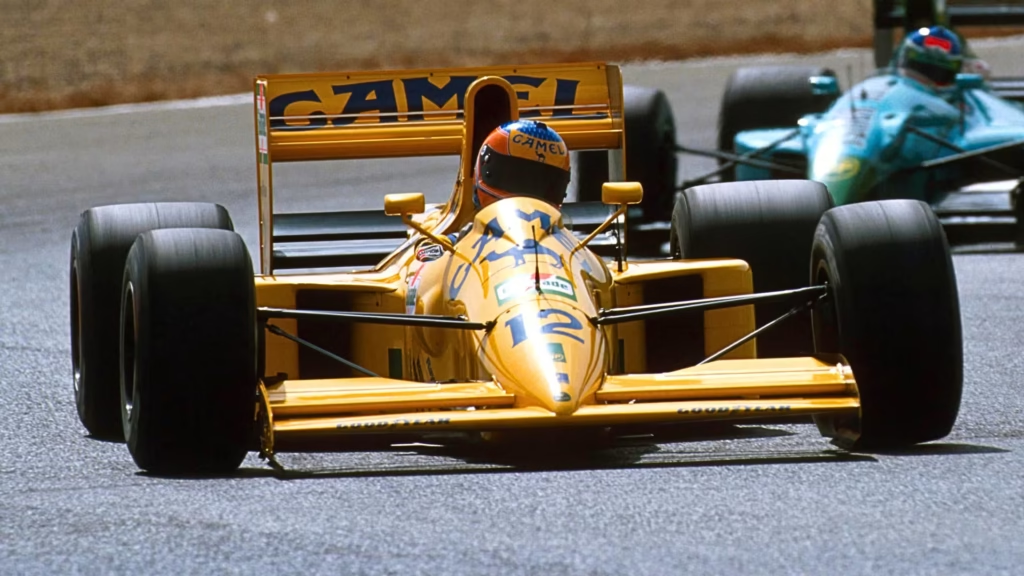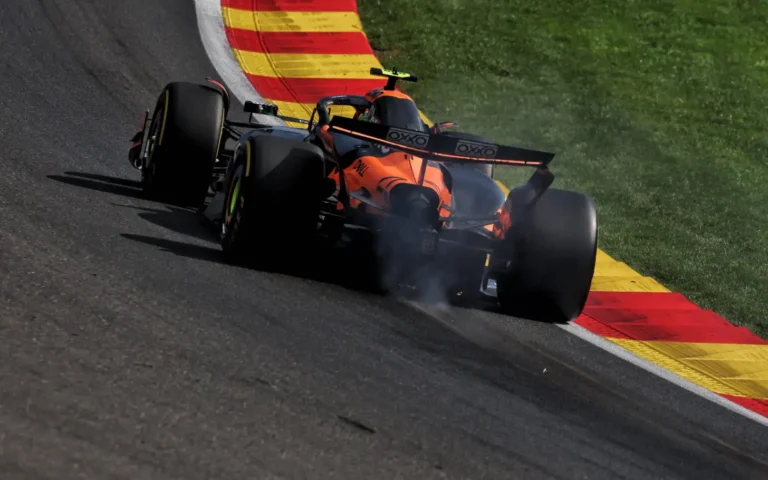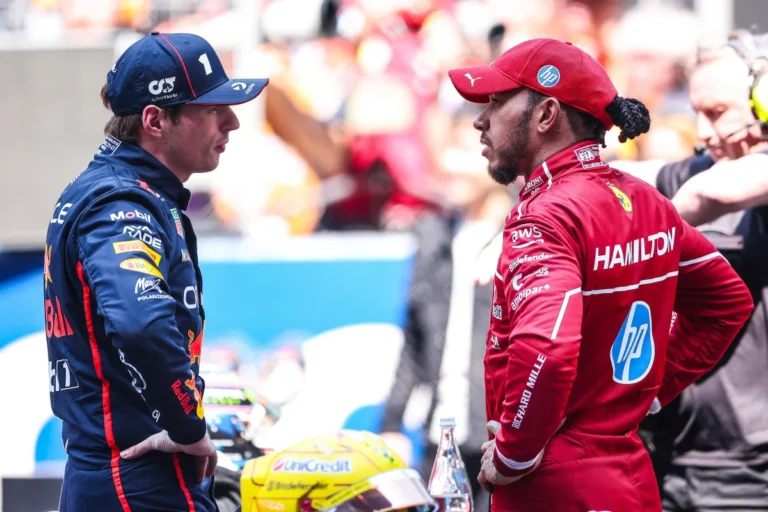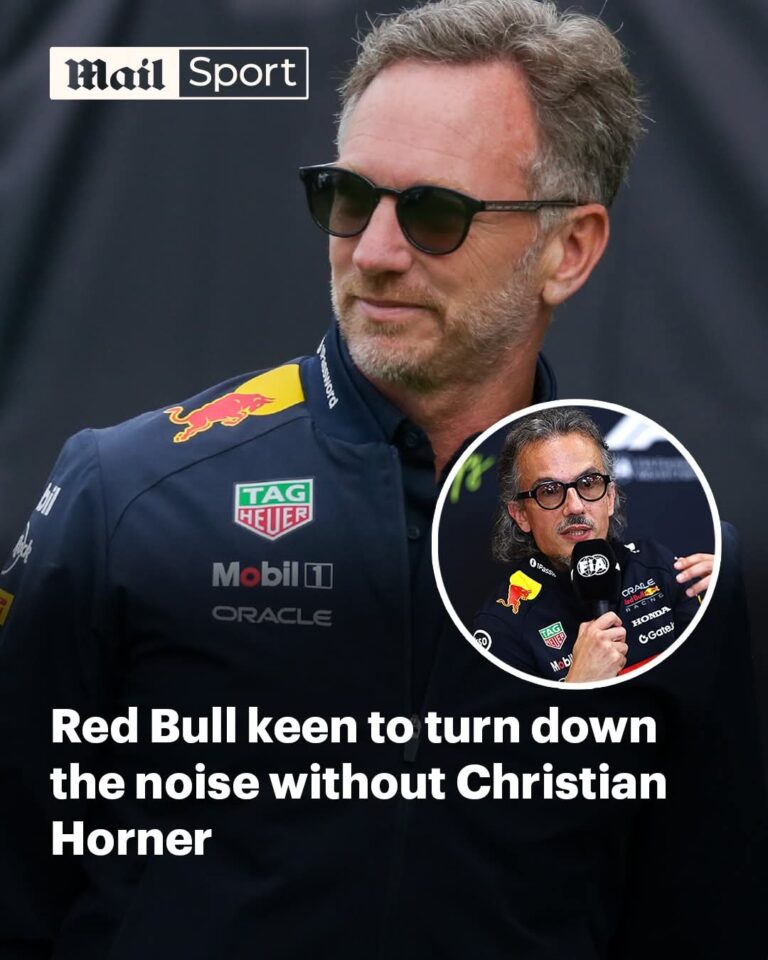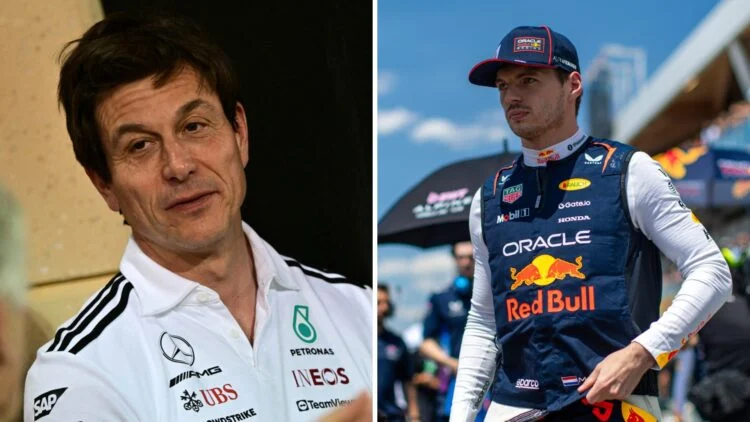
At the Canadian Grand Prix, tensions flared once again between Red Bull and Mercedes, particularly after a controversial incident under the safety car involving George Russell and Max Verstappen. While Russell claimed victory in a masterful drive from pole, Verstappen’s struggles and the high-stakes nature of the race reignited a fierce rivalry. The clash prompted Mercedes team principal Toto Wolff to take swift action, aiming to ease tensions and protect any fragile relations with Verstappen amidst the intensifying feud.
George Russell’s performance stood out, as he remained composed in challenging weather conditions to clinch his first win of the 2025 season. Verstappen, although competitive, couldn’t keep up with the pace and fell behind. However, the late-race safety car deployment became the turning point, drawing renewed focus to Verstappen’s interaction with Russell and raising eyebrows in both paddocks. This single moment highlighted the fine line between competitive aggression and a potential diplomatic crisis between two top teams.
The incident stirred controversy, not just for its on-track implications but for what it might trigger off the track. With Verstappen’s stature in F1 and his existing tensions with rivals, there was potential for the situation to escalate beyond racing matters. Recognizing this, Toto Wolff reportedly acted quickly and discreetly to maintain cordial ties, likely through private discussions and strategic outreach aimed at preventing further friction.
While specifics of Wolff’s approach remain undisclosed, his actions suggest a broader understanding of the political dynamics within Formula 1. By addressing the issue early, he may have helped prevent a full-blown fallout between the teams—one that could destabilize future races or unsettle Verstappen’s outlook toward Mercedes. His efforts underline the importance of emotional intelligence and leadership in a sport where relationships are as critical as technical performance.
In conclusion, the Canadian Grand Prix was more than just a thrilling race—it was a showcase of power plays, both mechanical and managerial. Russell’s win brought joy to Mercedes, but it was Wolff’s off-track maneuvering that potentially kept the sport’s most volatile rivalry from spiraling further. The situation reinforces how crucial behind-the-scenes diplomacy has become in today’s Formula 1, where every gesture—on or off the track—can shape the championship narrative.
